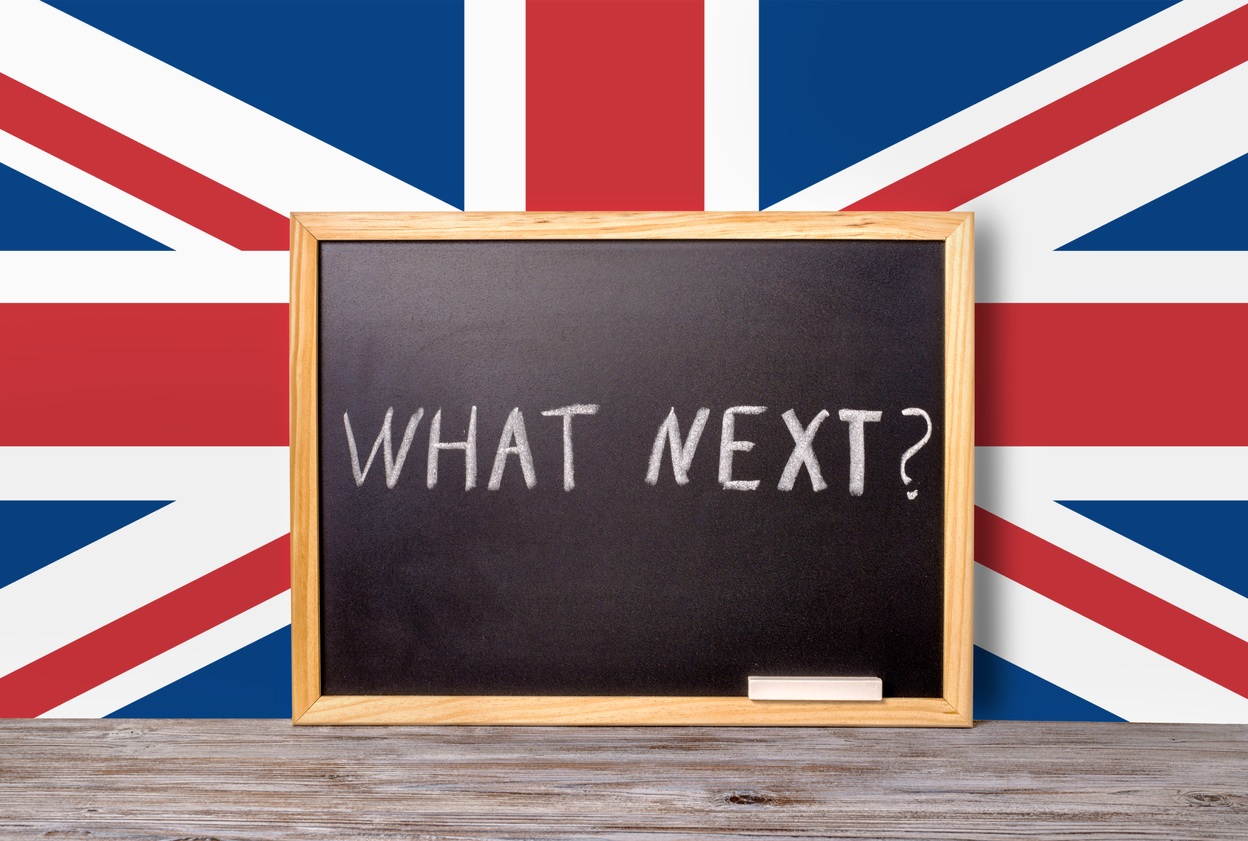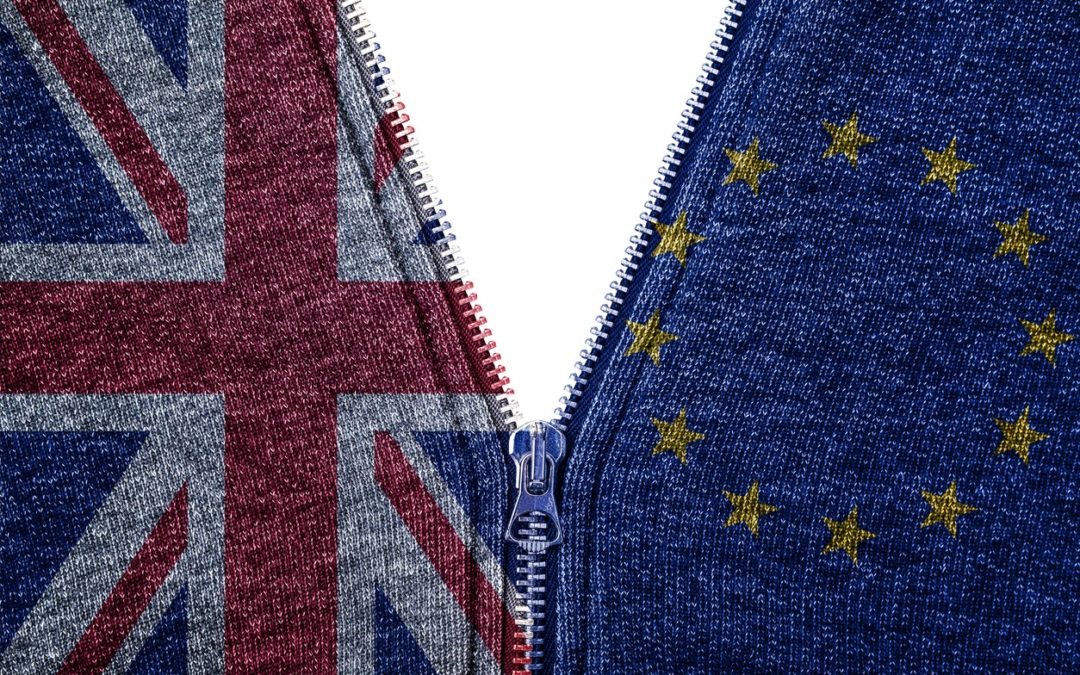Even though the UK is scheduled to leave the EU in just under a month, there’s still plenty of confusion surrounding Brexit and how it’s going to affect businesses.
While nothing is certain at the moment, planning for a “No Deal Brexit” is a sensible option. Almost half (43%) of the UK’s exports are to the EU which generates £235 billion in export revenue. With the EU being the UK’s largest trading partner, it’s inevitable that it will continue to play a key role for UK businesses in the future.
What this does mean is that if you buy or sell from the EU, you should have a flexible contingency plan in place which can be adapted according to a variety of potential outcomes.
What’s more, the British Chambers of Commerce (BCC) believes that all firms, not just those directly and immediately affected, should be undertaking a Brexit ‘health check’ along with a broader review of existing business plans.
In the event that a “No Deal” happens after March 2019, below are some of the most important points you should be aware of.
New trade rules
If the UK should leave the EU without a deal, the two-year transition period will be lost and the expectation is that trade will immediately revert to World Trade Organisation (WTO) rules.
Currently, goods moving between the EU and UK do not need to be checked at borders and have no tariffs imposed. Under WTO rules however, goods will be subject to customs checks and tariffs, thus increasing costs for businesses and leading to slower processing times.
The additional red tape is expected to cost UK firms up to £27bn although the actual impact of these tariffs will vary between industries. British farmers are expected to be the worst hit with charges estimated to be as high as up to 40%.
The Government has said these custom checks will be relaxed for businesses importing goods to UK in the event of a no-deal, but this does not guarantee the same for those exporting to the EU.
New guidance from HMRC claims that importers will need to file a simplified online form up to two hours before a lorry is due to cross the English Channel by ferry, or one hour if arriving by Eurostar.
Importers will have to update the online entry within 24 hours to notify HMRC of the goods’ arrival, with the duty payable up to a month later.
You can help mitigate the impact this could cause by reviewing your current pricing structure and ensuring your operations are as cost effective as possible to help your business absorb at least some of the potential increased costs.
Disruptions to your supply chain
With longer delays at borders predicted and reduced capacity through UK ports, businesses that rely on EU imports – particularly those which operate on a just-in-time stock system – will need to plan ahead to minimise the disruption to their supply chain.
Sourcing an alternative supplier within the UK could help eliminate this issue, but this may not be an option for your business. Instead, you might need to look at alternative planning arrangements which could include building up stock lines that you know will be in demand and are imported from the EU.
Movement of goods
If you move goods between the UK and any other EU country, you will need to make a customs declaration. The UK is implementing a new electronic customs declaration system for businesses, so make sure you’ve checked that your systems and processes are up to scratch.
UK businesses will need a UK Economic Operator Registration and Identification (EORI) number. You can find the relevant forms for this on the gov.uk website.
You may also need an agent to help with any import and/or export declarations as you would for trading outside the EU. Check whether you need additional information from your carrier. Importers can register for Transitional Simplified Procedures (TSP) deferring declarations and paying duty at the border. There is HMRC guidance on the new electronic customs system on the gov.uk website.
An essential exercise for all businesses is Supply Chain Mapping. Knowing where inputs come from and which product category they fall into can help to assess potential tariffs. For businesses that only export to the EU, this will be new and could therefore be time consuming to complete. Further guidance on this subject can be found on the World Trade Organization (WTO) website. EU tariffs can be found here.
Product compliance
UK product standards and regulations will be aligned to the EU at the point of exit. In the event of a “No Deal” Brexit however, UK assessment and certification arrangements could cease to be recognised by the EU. Further information about this can also be found on the gov.uk website.
Currency fluctuations
Three in five UK businesses with suppliers in the EU are already reporting that currency fluctuations have increased their costs.
Protecting against currency volatility will help safeguard your business against the impact of Brexit.
Sourcing within the UK will help protect your profitability as payments and invoices would be paid in one currency, reducing the risk of uncertainty. If sourcing within the UK isn’t an option, strengthening your relationships with existing suppliers could help you negotiate better trading terms in the future.
Paying your suppliers in their local currency could also reduce the uncertainty around currency volatility, while forward exchange contracts allow you to lock in favourable exchange rates for a future date.
Business contracts and employees
If you have contracts with EU companies, these may need to be re-drafted to clarify the terms for trade (including VAT changes). If your business employs EU nationals, they should register for settled status. You will need to track the nationality status of employees going forward to ensure compliance with immigration rules and regulations.

Brexit planning checklist
You can also download a Brexit planning checklist which provides more in-depth information about how to prepare your business for “No Deal.”
Although the EU will remain an important trading partner for the UK, taking some time to focus on your marketing strategy both in your home market and in markets outside the EU could help boost sales and reduce the impact of any potential short-term effect a no-deal Brexit could have on sales.
The UK is home to the third largest e-commerce market in the world and online giants, such as Amazon and Alibaba, are an easy way to reach new international customers.
The Office for National Statistics published its annual report into e-commerce and ICT use among UK firms just before Christmas 2018. It revealed that in 2017, a startling 54% of businesses in the UK had no website and even among those with 10 or more employees, the number remained as high as 18%.
There is also a growing appetite for ‘Brand Britain’ in markets such as China, US, Australia and Canada, which means there is a great deal of opportunity for UK businesses to trade overseas.
Worried about Brexit?
If you’re worried about how your business may be affected by Brexit or you would like help preparing for “No Deal” or any other scenario, please don’t hesitate to get in touch with PKB Accountants and we will be more than happy to help.

To read news and blogs from Rebecca Austin, click here >>


